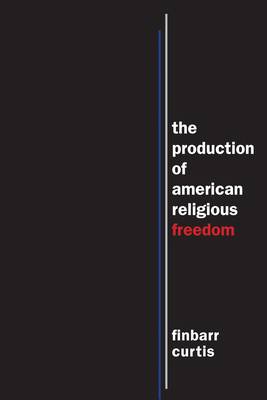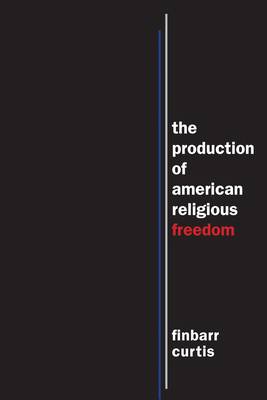
- Retrait gratuit dans votre magasin Club
- 7.000.000 titres dans notre catalogue
- Payer en toute sécurité
- Toujours un magasin près de chez vous
- Retrait gratuit dans votre magasin Club
- 7.000.0000 titres dans notre catalogue
- Payer en toute sécurité
- Toujours un magasin près de chez vous
Description
Americans love religious freedom. Few agree, however, about what they mean by either "religion" or "freedom." Rather than resolve these debates, Finbarr Curtis argues that there is no such thing as religious freedom. Lacking any consistent content, religious freedom is a shifting and malleable rhetoric employed for a variety of purposes. While Americans often think of freedom as the right to be left alone, the free exercise of religion works to produce, challenge, distribute, and regulate different forms of social power.
The book traces shifts in the notion of religious freedom in America from The Second Great Awakening, to the fiction of Louisa May Alcott and the films of D.W. Griffith, through William Jennings Bryan and the Scopes Trial, and up to debates over the Tea Party to illuminate how Protestants have imagined individual and national forms of identity. A chapter on Al Smith considers how the first Catholic presidential nominee of a major party challenged Protestant views about the separation of church and state. Moving later in the twentieth century, the book analyzes Malcolm X's more sweeping rejection of Christian freedom in favor of radical forms of revolutionary change. The final chapters examine how contemporary controversies over intelligent design and the claims of corporations to exercise religion are at the forefront of efforts to shift regulatory power away from the state and toward private institutions like families, churches, and corporations. The volume argues that religious freedom is produced within competing visions of governance in a self-governing nation.Spécifications
Parties prenantes
- Auteur(s) :
- Editeur:
Contenu
- Nombre de pages :
- 240
- Langue:
- Anglais
- Collection :
- Tome:
- n° 7
Caractéristiques
- EAN:
- 9781479856763
- Date de parution :
- 02-08-16
- Format:
- Livre broché
- Format numérique:
- Trade paperback (VS)
- Dimensions :
- 150 mm x 226 mm
- Poids :
- 317 g

Les avis
Nous publions uniquement les avis qui respectent les conditions requises. Consultez nos conditions pour les avis.






